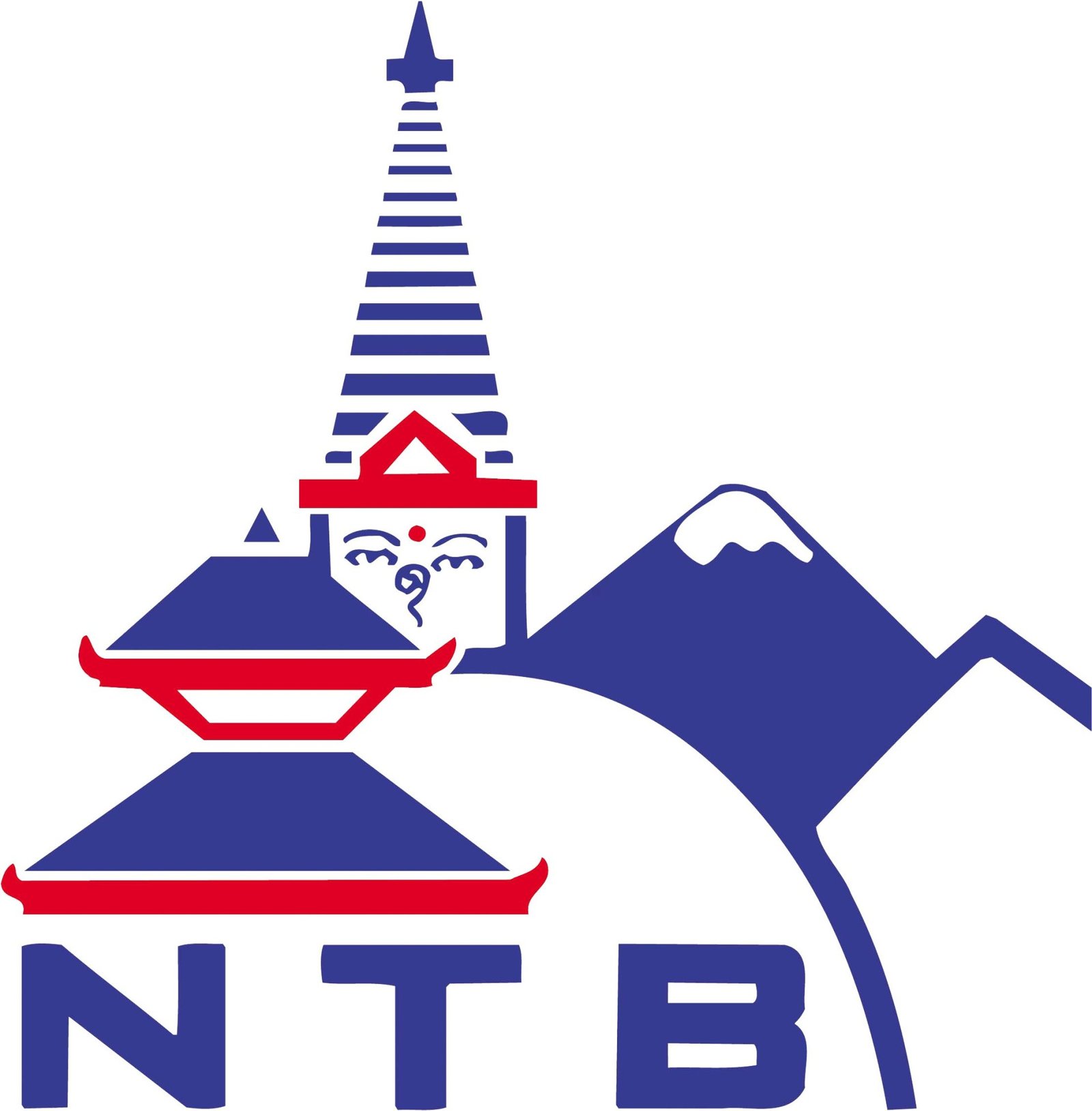Training for Everest base Camp:
To make your trip fruitful and easygoing you should prepare well for the trek. To be perfectly ready for the EBC trek, you must go through the basic training daily before the EBC trek. There are various methods to guide yourself and make your trek easy by practicing a few tips on how you can replicate the EBC trek.
Training you can do before EBC are mentioned below:
• HIKE PRACTICE
• ALTITUDE TRAINING
• GYM
• TO GET YOUR GEAR EARLY
• REPLICATE EBC
• MEDICAL CHECK-UP
• PICK THE RIGHT MONTH FOR THE TREK
HIKE PRACTICE:
Proper training before climbing to Everest Base Camp is much needed. The best way to prepare for your EBC trek is to go for a hike or take a long walk every day, which helps to boost your energy level while doing the trek and makes you physically and mentally stable for a proper trek. Push yourself for a walk for at least 5 or 6 hours with minimal breaks which helps your body to adjust and get used to it to manage on Everest Base Camp Trek. As you will be preparing for Everest base camp you have to make your body stable while carrying weights. So, while practicing or hiking you can wear your daypack and slowly increase the weight of its contents to more kg each day.
ALTITUDE TRAINING:
Altitude training is much-needed training as you ascend during the trek, the air becomes thinner and the oxygen level decreases, which can potentially lead to altitude sickness. Everyone's body reacts differently to high altitudes and altitudes can affect anyone, irrespective of fitness level. There are a few tips to train yourself from not having an altitude sickness:
• Pre- acclimatization:
Pre-acclimatization is the process of getting your body used to high-altitude conditions before you start the trek. This can be practiced by replicating the same condition as EBC or by using special equipment such as altitude tents or masks that mimic high altitude conditions.
• Hydration and Nutrition:
Stay well hydrated and maintain a balanced diet during your training period. Proper nutrition and hydration can help improve your body's ability to cope with altitude sickness.
Hydration:
• Drink enough Water: This cannot be emphasized enough. Dehydration can set in quickly at high altitudes, especially when you are exerting yourself physically. Aim for at least 3- 4 liters of water a day, starting several weeks before your trek. This will help you get in the habit of hydrating well and increase your body's water-carrying capacity.
Nutrition: Proper nutrition includes protein, complex carbohydrates, healthy fats, vitamins and minerals, caloric surplus, and nutrition timing which is very important as it helps to maximize your performance and recovery during the Everest base camp trek.
GYM:
If you are a gym-going person it might be quite easy for the trek as you can practice 45 minutes on the treadmill each day. You can also develop your cardio endurance with a simple workout 2-3 times a week. The main train comes here for a leg exercise which needs to be practiced or done daily where your legs should be well prepared to adjust to the trek. Another option is cardio workouts which include walking, jogging, swimming, and cycling which play a vital role in helping your body to work hard in less oxygen and will help to keep your breath and focus at high elevation and you can enjoy the hike without any discomfort. Interval training can also be another option as it involves alternating between high-intensity exercise and rest periods. This type of training can help improve your cardiovascular fitness and increase your body's efficiency at using oxygen, which is essential when trekking at high altitudes.
TO GET YOUR GEAR EARLY:
While planning for an EBC trek make sure to carry comfortable trekking boots, you cannot wear normal boots to go for a trek. If you don’t have trekking boots, make sure to buy boots early so that you can train yourself from the very beginning wearing them, because of their heavy weight, you have to be attentive to how your feet feel wearing them. Boots should be spacious about a finger's width of space between your toes and the end of the boot. If the boots are not comfortable, it will be much worse after a few days on the trek. Another one is a daypack where you can wear it on your practice hikes. You must get used to the weight and learn how to adjust it to be more comfortable. Add a bit more weight each day for more comfort preparation for EBC.
REPLICATE EBC:
The best way to get trained for EBC is to replicate the conditions as much as possible. For example: wear your trekking boots and weighty daypacks and hike in complicated areas with the same energy and time management. The more you practice on a hike, the more you will be prepared for a trek to EBC which will be very beneficial if you practice constantly. You might not exactly replicate the situation but you can practice in similar areas. Replicating the EBC scenario while hiking helps a lot to boost your energy and gives you the confidence to go on a trek to EBC.
MEDICAL CHECK-UP:
Before embarking on a physically demanding adventure like the Everest Base Camp Trek, it's prudent to schedule a comprehensive medical check-up with your healthcare provider. This helps to ensure that you are in the best health possible and are physically prepared for the trek. Here's what a pre-trek medical check-up might involve:
General physical exam which includes a thorough of your vital signs, such as blood pressure and heart rate and an examination of your overall health.
Cardiovascular Assessment: This can involve tests such as an ECG or stress test.
Respiratory Evaluation: This involves tests like a spirometer which measures how well your lungs work.
Vaccinations: It's important to make sure all your routine vaccinations are up to date before you travel. Depending on your destination, some additional vaccines may also be recommended.
PICK THE RIGHT MONTH FOR THE TREK:
Selecting the right time of year to explore the Everest Base Camp Trek plays a significant part in your physical and mental preparation. This decision can significantly affect your overall trekking experience, safety, and likelihood of successfully reaching the base camp. The best months for trekking to Everest Base Camp are during the pre-monsoon which is spring and post-monsoon autumn periods.
February – May
The spring months are probably the most popular in the region as a whole. You might be caught in the occasional snow showers if you catch the end of the winter season, but the weather should be largely stable and dry – perfect for trekking and high-altitude climbing.
The ideal weather comes at a price as the routes during this time will be at their busiest. Most Everest summits occur during these months so you will likely come across many climbers, summiteers, and their support crews!
The region is also the most vibrant at this time of the year, with many of the routes flanked by flowering rhododendrons.
September – October
Clear days are characteristic of this popular trekking period. Although colder days (and colder nights) are to be expected, this is a small price to pay for the wonderful vistas and perfect views of the region's peaks. The odd snowstorm has been known to hit the region during this time so be sure to pack correctly!
TO CONCLUDE:
It is very important to prepare yourself mentally and physically before you go on a trek. Make sure to carry all the necessary equipment and follow all the diet and medical checkups. If all the procedures above mentioned are been followed then your trek will be easy fun and exciting.











